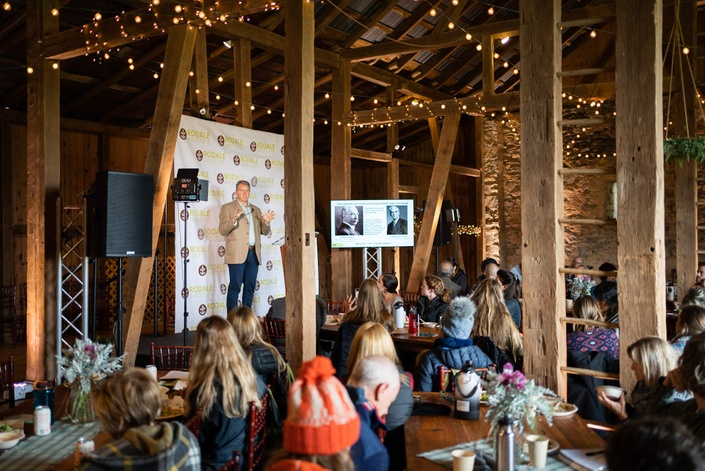Rodale Courses
Partner Courses

The organic farming research Rodale Institute conducts is cutting-edge, and they have spearheaded some of the movement's most important initiatives. Needless to say, Rodale Institute is an incredibly valuable resource for me and my reporting.
Max Goldberg, Founder/Editor, "Organic Insider" & "Living Maxwell"

Rodale Institute is the go-to resource for the regenerative organic movement—they are the experts for making groundbreaking changes need to improve the food system.
Danielle Nierenberg, President & Founder, Food Tank

At Lundberg Family Farms, our relationship with Rodale runs deep, to the roots of organic. J.I. and Robert Rodale defined the very word by starting a movement and developing a third-party organic certification program, which paved the way for farmers like us.
Lundberg Family Farms, organic & eco-farmed rice producer




